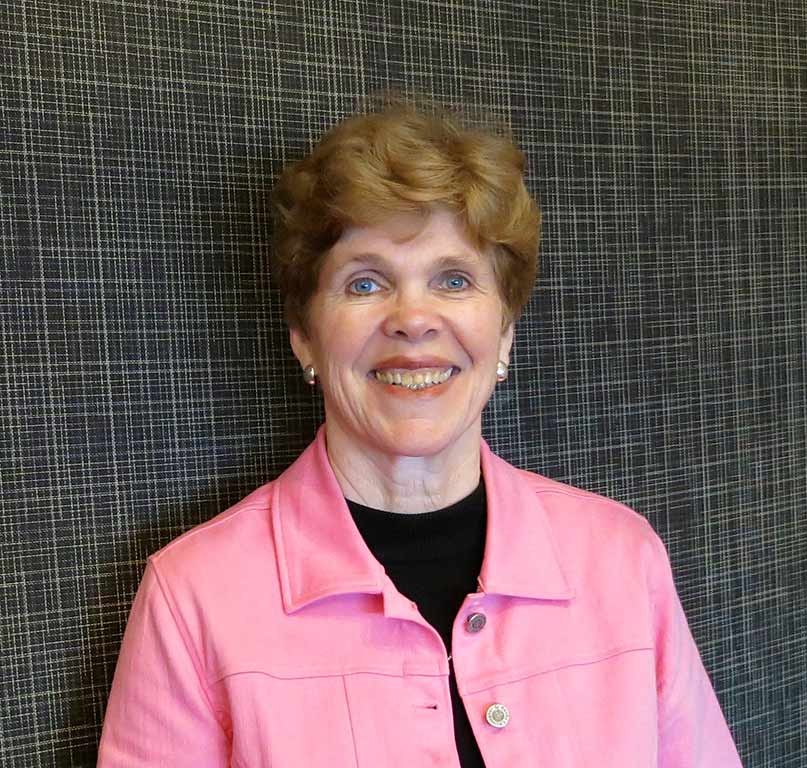
I’ve written a book that tells stories that might be helpful for both the seasoned teacher and someone who might want to become a teacher. The name of the book is, Children I have Loved, Lessons I have Learned. This book is inspirational and motivational and can provide a useful tool for professional development for both new and experienced educators.
1. What led you to the mission of being an educator?
I have always had a desire to make a difference in the world. When I was in college, I started out thinking that I was going into the medical field. 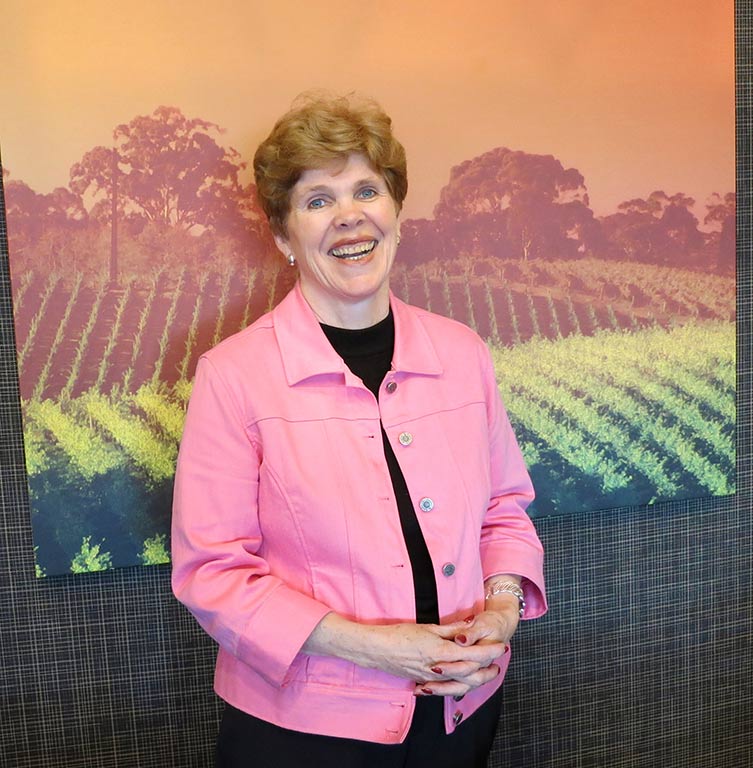 But I promised my parents that I would finish college before I got married. My husband and I wanted to get married, so I decided that it would be a whole lot quicker to go into education rather then get married after a medical degree. Education would also meet those personal needs of mine to make a difference. So I finished college in three years and we got married. I finished school in June and received a Bachelor’s Degree in Elementary Education. We got married in August and I started my teaching career that same August. I’ve been in the education field ever since.
But I promised my parents that I would finish college before I got married. My husband and I wanted to get married, so I decided that it would be a whole lot quicker to go into education rather then get married after a medical degree. Education would also meet those personal needs of mine to make a difference. So I finished college in three years and we got married. I finished school in June and received a Bachelor’s Degree in Elementary Education. We got married in August and I started my teaching career that same August. I’ve been in the education field ever since.
I started off as a teacher and then went into education administration. It truly is an amazing story. I was in a class finishing my Master’s Degree in Elementary Education at the University of Missouri, St. Louis. A class I originally signed up to take was cancelled. At the last minute, I was trying to find a class that would meet graduation requirements.
As we were going around the room, the professor was asking everybody in the class what their goals were. 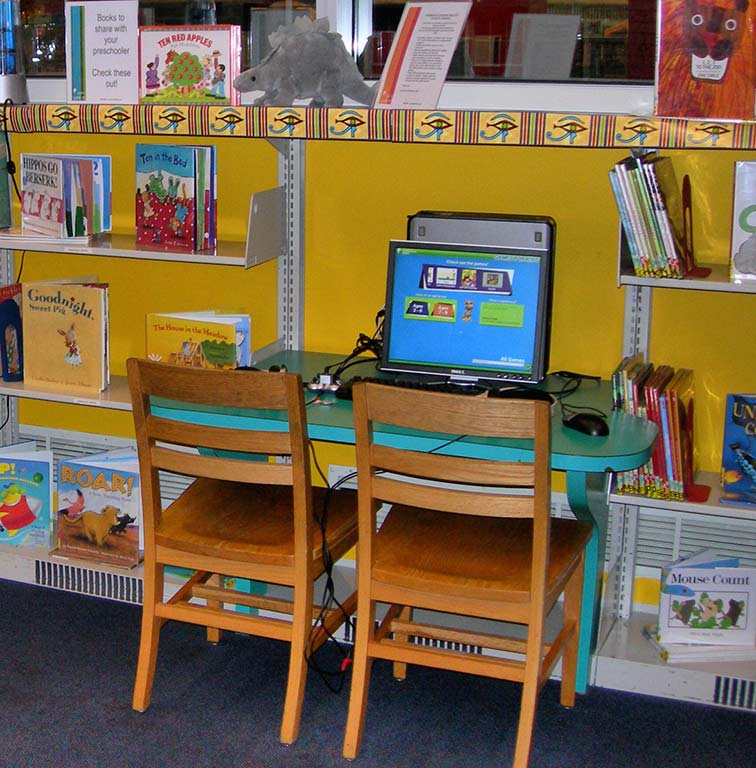 People were saying, “Certification, certification.” I was wondering, “What are all these people talking about?” At break, I asked the students and they told me that this was the very last semester in the State of Missouri that if you have these three classes, you will be qualified to get a lifetime certificate as a school principal. I had had the other two classes. So I thought, “OK. God has me sitting in this organizational theory class for this reason – to become a principal or school administrator.” After starting the course, I had thought, “Why would anyone ever want to study this ‘stuff’?” But about two or three weeks into the class, the light bulb came on and I was fascinated and thought, “I think I would like to go into school administration.”
People were saying, “Certification, certification.” I was wondering, “What are all these people talking about?” At break, I asked the students and they told me that this was the very last semester in the State of Missouri that if you have these three classes, you will be qualified to get a lifetime certificate as a school principal. I had had the other two classes. So I thought, “OK. God has me sitting in this organizational theory class for this reason – to become a principal or school administrator.” After starting the course, I had thought, “Why would anyone ever want to study this ‘stuff’?” But about two or three weeks into the class, the light bulb came on and I was fascinated and thought, “I think I would like to go into school administration.”
The State of Missouri thought I was qualified to become a school administrator because I had taken all the courses to become one. However, I knew differently. I knew I needed more education and experience. So I went on to get my doctorate in education administration. As a part of the dissertation research, I shadowed an elementary principal for three years. I studied what he did. That’s how I ended up being a principal. I loved, loved, loved being a principal.
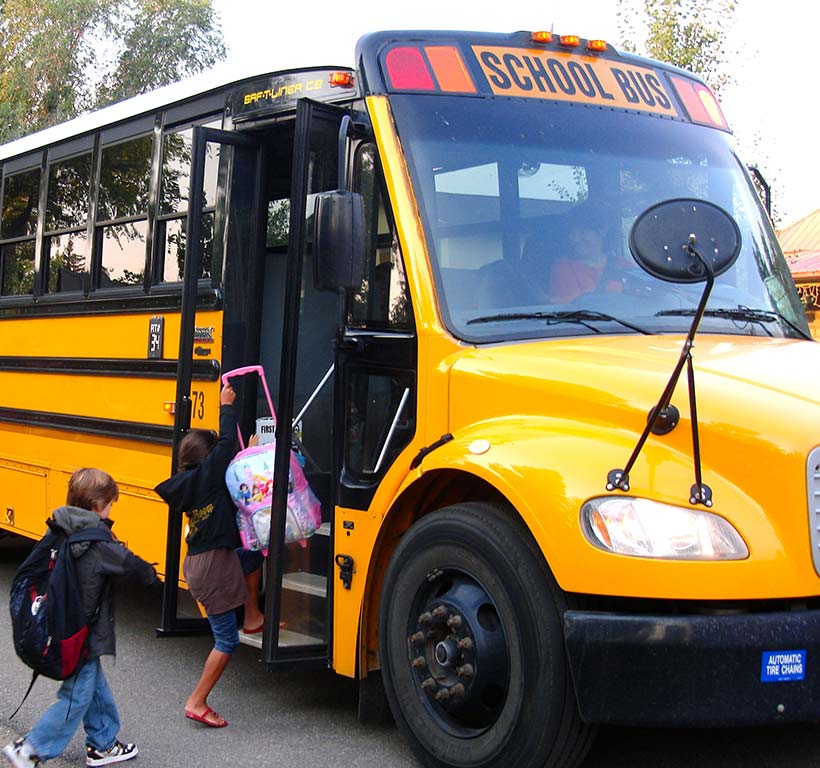 I was also able to stay at home when my children were young. During this time I was working on my doctorate. I heard that my former principal had moved on to another school district. His position was coming open. I thought, “Well, I’ve got my administrative certification. I could go back to work.”
I was also able to stay at home when my children were young. During this time I was working on my doctorate. I heard that my former principal had moved on to another school district. His position was coming open. I thought, “Well, I’ve got my administrative certification. I could go back to work.”
My youngest was three at that point. So, I called this man whom I had not seen in years. It was a Friday night. He told me, “This is really strange. I have been talking about you all day.” I said, “Really?” He said, “We’ve just decided to increase our administrative staff out here from two to three elementary principals. I think you would be the perfect fit.” I remember saying to him, “I’m not coming out there! You are in the boonies!”
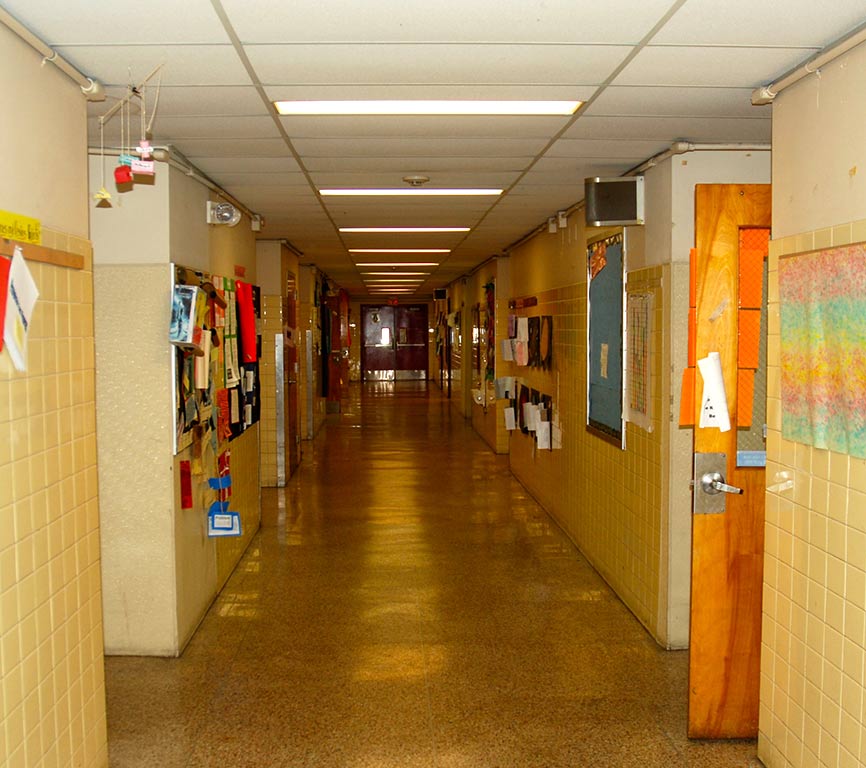 I looked into another position and I discovered this position was already slated for someone else. I called back this man and told him, “Maybe I would be interested in this job.” I drove out on the next Monday. They brought me back on the next Thursday night to meet the board, and I started the following Monday – two weeks before school started. It was amazing and truly every part of my career has been like this.
I looked into another position and I discovered this position was already slated for someone else. I called back this man and told him, “Maybe I would be interested in this job.” I drove out on the next Monday. They brought me back on the next Thursday night to meet the board, and I started the following Monday – two weeks before school started. It was amazing and truly every part of my career has been like this.
Years later, I was looking for a different kind of challenge. I was able to work out the financial details with the school district to take early retirement. At that time the door opened for a university position. It was one of those strange circumstances. I retired at the end of one school year and at the beginning of the next school year, I was teaching full time at a university. I taught there for eleven years.
2. What does this mission mean to you?
Being an educator brings with it an awesome sense of responsibility. You are affecting the lives of children and their families. Not only do you have responsibilities, but you also have opportunities to make a difference in a child’s or a teacher’s life. It is those responsibilities and opportunities together that are what being an educator is all about. I see this all as a very valuable contribution to our world.
3. What was your best day as an educator?
I met a young man who was a very challenging student and had difficulty taking responsibility for his actions. 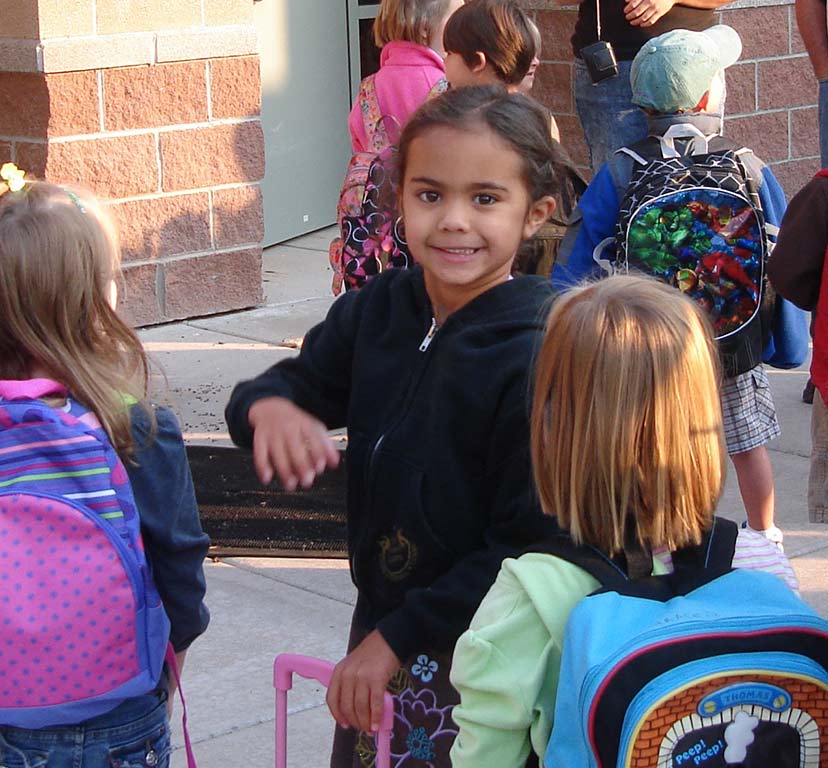 My best day was when he looked up at me and said, “Yes you have made your point, and I am wrong.” For the very first time in his young life, he took responsibility for his own actions. This was a child who was in first grade and had messed in his pants. The teacher sent him to the nurse. He insisted to the nurse that he didn’t he hadn’t messed in his pants. He said that his sister had done it. He told her he had just picked up the pants and put them on dirty that morning. He had a really hard time taking ownership of anything. For that child to finally acknowledge that he was responsible for his own choices – that was one of the best days.
My best day was when he looked up at me and said, “Yes you have made your point, and I am wrong.” For the very first time in his young life, he took responsibility for his own actions. This was a child who was in first grade and had messed in his pants. The teacher sent him to the nurse. He insisted to the nurse that he didn’t he hadn’t messed in his pants. He said that his sister had done it. He told her he had just picked up the pants and put them on dirty that morning. He had a really hard time taking ownership of anything. For that child to finally acknowledge that he was responsible for his own choices – that was one of the best days.
There were many, many, many best days. Any time I walked down the hall and saw a child, I said to myself, “This is why I am here.” I always had more “best” days than any other kind.
4. What was your worst day as an educator?
I would say losing a child was my worst day. A child could be taken out of the home because of abuse or there could be the death of a child. 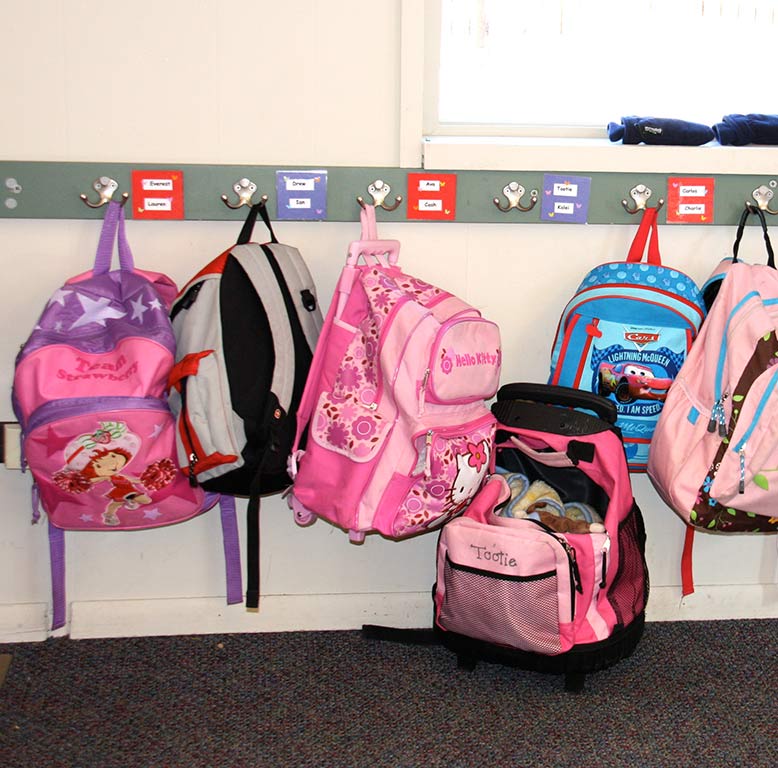 Those are the days when you can’t find answers anywhere. I asked myself, “Why would this happen?” Unfortunately there were days like that.
Those are the days when you can’t find answers anywhere. I asked myself, “Why would this happen?” Unfortunately there were days like that.
I remember one sweet, beautiful second grade boy. He had been physically abused enough that he was going to be removed from his home. A few years later in middle school, he committed suicide. That was probably one of the hardest days.
5. How did you survive your worst day?
It is my faith that God has a purpose and a plan – even though we have a really hard time seeing and understanding that. I think too that you lean on your colleagues and on each other. You get through it because you have to for the children.
 I was the principal on 9/11. (Note: 9/11 is referred to as September 11, 2001 when a series of four coordinated terrorist attacks launched by the Islamic terrorist group al-Qaeda killed 3,000 people and caused $10 billion in property/infrastructure damage in the United States.) No one every told me, “This is how you handle a national crisis.” Everyone was looking to me to lead, so I knew I had to step up. But I also knew I was not doing it alone. As an educator you are every bit a part of a community. As a building principal, I felt like I was a leader of leaders. I wasn’t “the” leader, but the leader of many leaders in the building.
I was the principal on 9/11. (Note: 9/11 is referred to as September 11, 2001 when a series of four coordinated terrorist attacks launched by the Islamic terrorist group al-Qaeda killed 3,000 people and caused $10 billion in property/infrastructure damage in the United States.) No one every told me, “This is how you handle a national crisis.” Everyone was looking to me to lead, so I knew I had to step up. But I also knew I was not doing it alone. As an educator you are every bit a part of a community. As a building principal, I felt like I was a leader of leaders. I wasn’t “the” leader, but the leader of many leaders in the building.
6. What advice do you have for someone who might like to become an educator?
I would tell them to seek out as many opportunities as possible to work with children. Regardless of the age – little bitty ones or on up to high school age – I would tell people to work with children to see if they are really called to do that. I do think teaching is a calling. You really have to love working with children. As delightful as they can be, children can also be very challenging.
I would also suggest for someone to hone and develop skills. They need to have the ability to organize time, to relate to people, and all the other critical components demanded of teachers. It’s a very, very challenging profession, so it has to be something you truly are passionate about and are called to do. Teaching comes from the heart, and if this is what you are truly called to do, it is truly who you are.
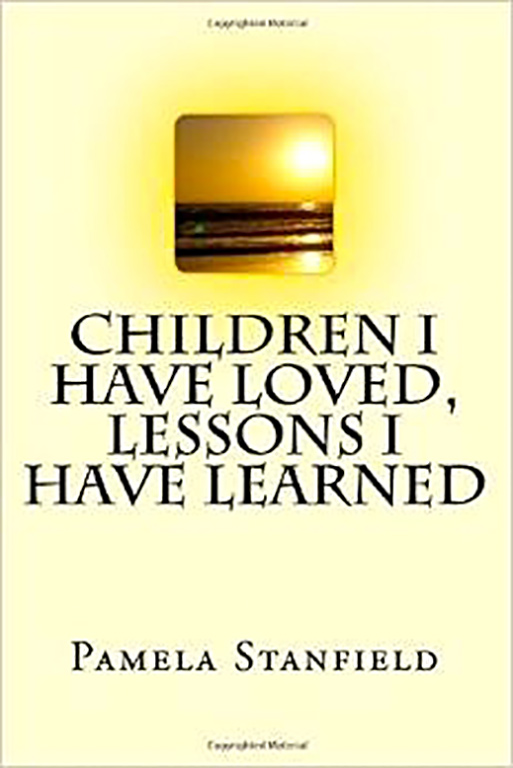 I’ve written a book that tells stories that might be helpful for both the seasoned teacher and someone who might want to become a teacher. The name of the book is, Children I have Loved, Lessons I have Learned. (Click on the title to find out how to purchase this book.) I have collected stories from my teaching and school leadership experiences and used them when I taught my classes at the university. I wanted them to make the realities of the education world come alive for my students.
I’ve written a book that tells stories that might be helpful for both the seasoned teacher and someone who might want to become a teacher. The name of the book is, Children I have Loved, Lessons I have Learned. (Click on the title to find out how to purchase this book.) I have collected stories from my teaching and school leadership experiences and used them when I taught my classes at the university. I wanted them to make the realities of the education world come alive for my students.
I compiled the stories into a book because of my own desire to capture these memories before they faded. Anyone who works with children or in a school setting has stories just like these that touch the heart. I had been working with a publisher awhile back until editors changed and the process stopped. Now I am thrilled to announce that my book is actually completed and published!! A description is below:
Children I Have Loved, Lessons I Have Learned is a collection of vignettes describing experiences in and out of the classroom. Each vignette is followed by the lessons learned from that specific situation. Tears, laughter, joy, and frustration are a part of this powerful memoir written by an educator with over forty years of experience. These stories of children and the impact they had on the adults around them were originally written to capture the many poignant memories of children who touched the heart of the author. These same vignettes have been used in the university classroom to give aspiring educators an authentic view into the challenges and the rewards of serving as a teacher, a counselor, or a school leader. This book is inspirational and motivational and can provide a useful tool for professional development for both new and experienced educators. The author reflects on lessons related to hope, humility, respect, acceptance, perseverance, and advocacy for children. The book’s design lends itself easily to a book study that encourages thoughtful personal reflection about professional practice. While the stories are based on real children, all identifying information has been changed in order to protect the individuals whose stories are told. Those precious children provide real “professional growth opportunities” for all educators.
- « Previous person: Dave Clauss
- » Next person: Jennifer Hodgson